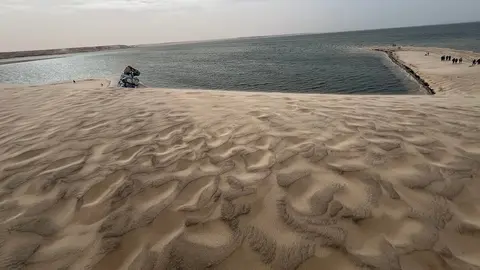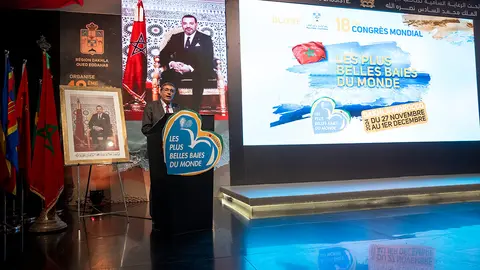Rafael Girón: ‘We are promoting a sustainable culture so that beaches last a lifetime’
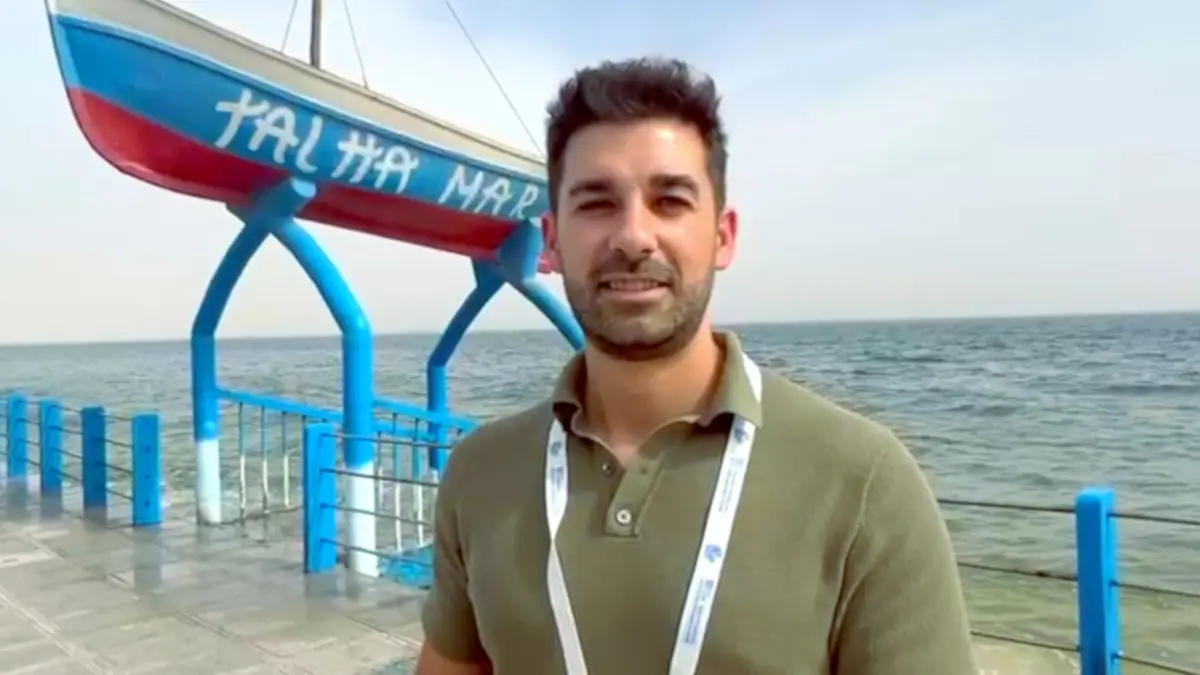
Rafael Girón Dávila, councillor of the Socialist Party of Catalonia (PSC) and representative of the Bay of Roses at the 18th edition of the International Congress of the World's Most Beautiful Bays, held in Dakhla, spoke exclusively to Atalayar and commented on the visibility that belonging to the Association brings, the opportunities it opens up, the importance it attaches to sustainability, and the inclusion of young people in raising awareness of the maintenance and care of beaches, bays and gulfs around the world.
Rafael Girón Dávila is a representative of one of the two most beautiful bays in Spain. One is in Roses and the other is in Santander. Rafael, you come from Roses, don't you?
Yes, that's right, we represent the bay of Roses, in the north-east of Catalonia. We are 30 minutes from the French border. Our bay is in the Gulf of Roses and is made up of four municipalities: Roses at the top, us in Castelló d'Ampurias and Ampuria Brava, San Pedro Pescador and Las Calas. These are the four towns that make up the Bay and which have been part of the Association of the Most Beautiful Bays in the World for 15 years.
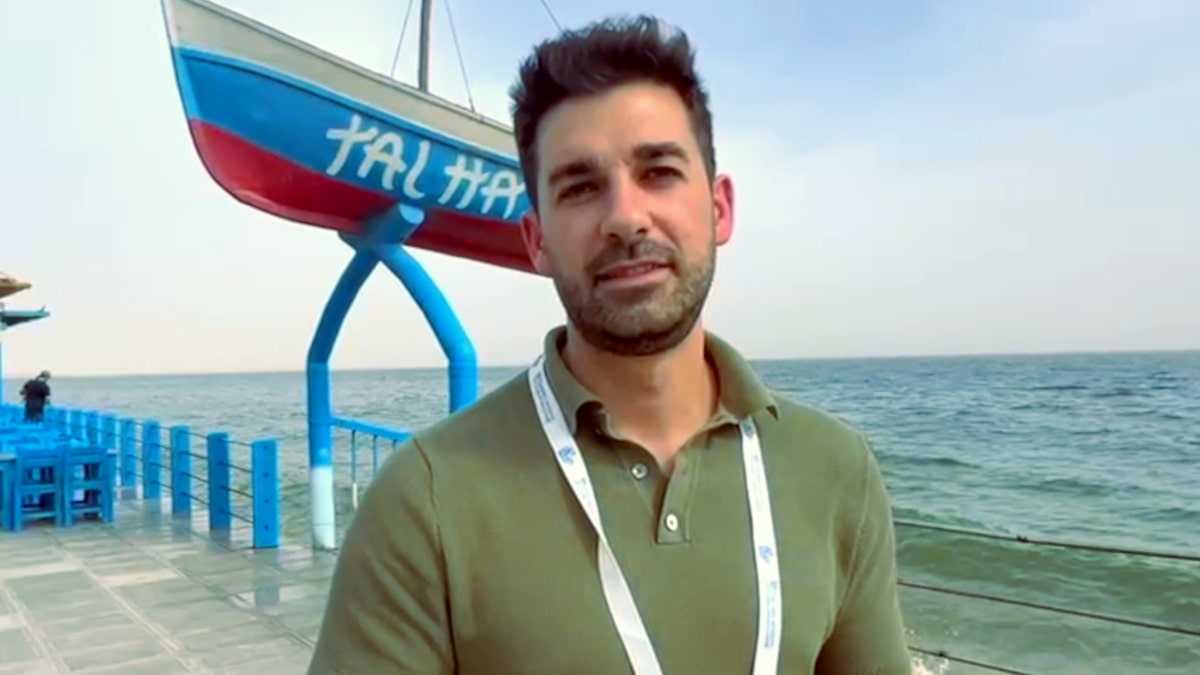
What are the Most Beautiful Bays in the World? Why are there only two in Spain? Why is the Bay of Roses one of the Most Beautiful Bays in the World?
The criterion is that of the association. We decided to join the association because it is also a point of differentiation as a tourist reference, as a brand of sustainable bays that focus on sustainability and the fight against climate change, making them accessible to everyone, preserving the marine and ecosystems, and promoting renewable energies.
In addition, this association works actively with different organisations worldwide, such as UNESCO, and it is very interesting to be part of these associations. Also, it serves to promote tourism in our town, being here helps us to have a worldwide impact in different magazines, social networks, various magazines worldwide. All of this is always positive for our municipality.
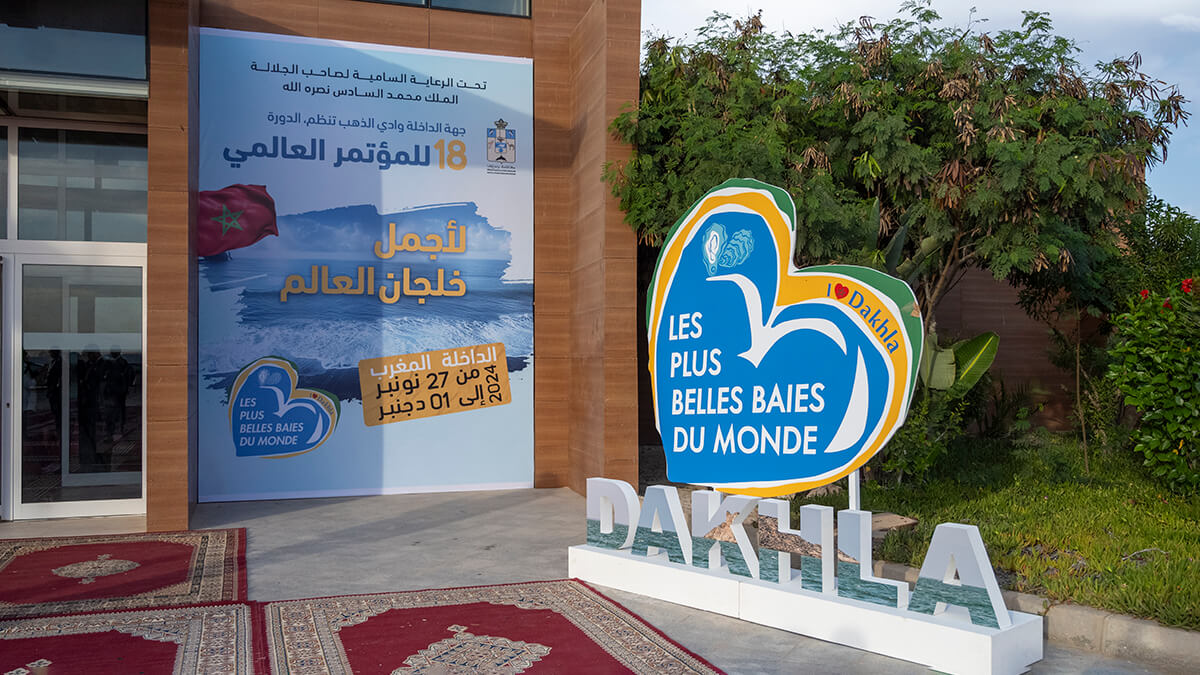
What would you highlight from the Congress held in Dakhla? The conclusions that were reached.
There have been many working tables where each bay has been discussed, where each bay has been discussed and its problems have been exposed. At the end of the day, it is an association which, being a global association, has different problems. For example, the problem of food.
But there have been very interesting round tables on how renewable energy measures will affect the territory. We, for example, have an action that is going to be developed in our Gulf, which is the implementation of a wind farm. We have also dealt with this issue in Congress in order to, in a way, show our agreement that renewable energy should be promoted, but so that it does not have a bad visual impact, as well as to preserve the seabed.
Among these dynamics, we also highlight collaborations with organisations that also help to support and raise awareness a little bit around the world to preserve this heritage that encompasses us, for example, our bay.
There are 44 bays in 25 countries. I understand that the association works and that it is worth being part of it. You have mentioned some of the issues and benefits, but, in the Bay of Roses, what do you get most out of this association, in the good sense of the word?
What we are looking for with this association, first of all, is to promote tourism in our town, to have a recognised brand of an association in which, as you have already seen in this Congress, 5 more bays have joined; there are more and more people from more countries, more representation worldwide and what we are looking for is for everyone to go in the same direction.
In this case, a youth board has also been set up where we have the honour of being able to be part of it, in this case, as a representative at European level of the Youth Commission, where we can contribute our grain of sand within the association, which allows us to look after our interests. So it is very interesting for us to be in the association.
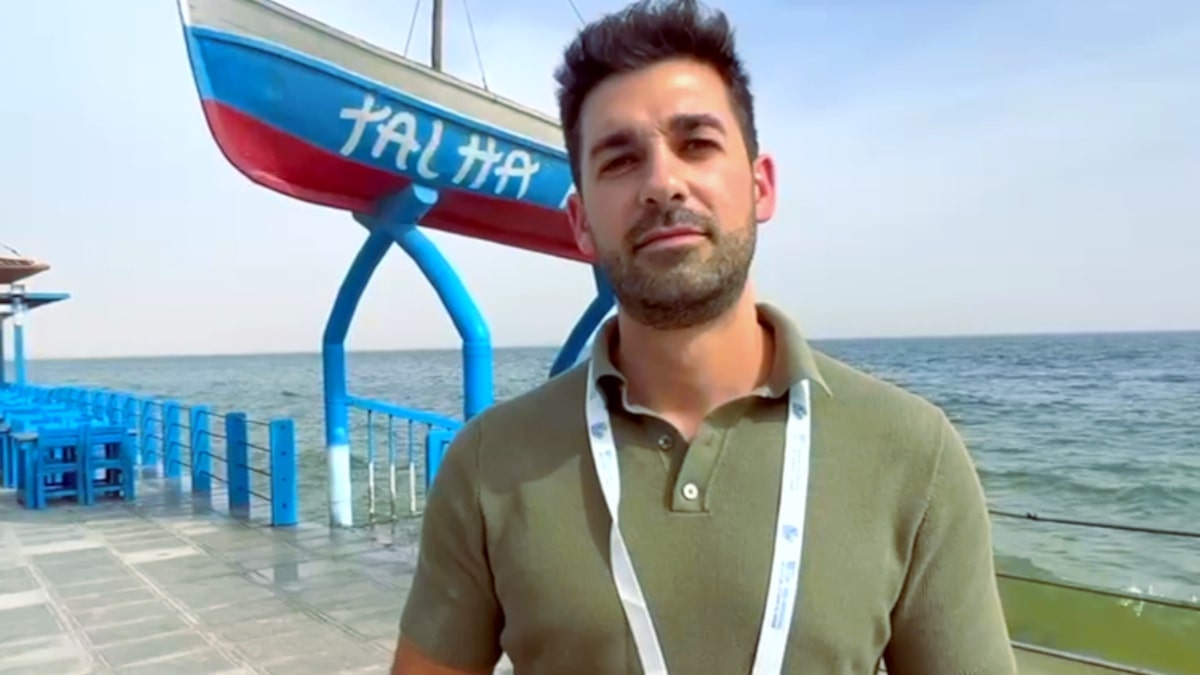
What are the interests of Roses in this association right now, specifically? What have you put forward?
In this particular Congress, what we have done is to structure the youth round table and throughout this year we will be working telematically, given that everyone has representatives at a global level and it is a little difficult to set up physical round tables, but we will be implementing measures to promote everything related to preserving the beaches and keeping them, above all, clean.
We want to involve the schools, that from a young age children are educated to preserve the beaches and keep them clean and, above all, to take care of the territory, which we have to preserve so that it lasts a lifetime and from a very young age we want, above all, to promote this measure in schools, together with a positive view of renewable energies, but in a way that is a work that is carried out by companies that come and set it up in the territory and that can paint all the beauty that we have in the Gulf.
Why are the World's Beautiful Bays not as well known or recognised as they should be in Spain?
In Spain we have many bays. At the end of the day, this is a little bit at the discretion of the locality or bay that wants to be part of this association. It is an association in which no one has a salary, it is all non-profit, so we are looking for external funding because in the end everything costs money, all are resources and, for the moment, what we have is a lot of people involved, but we are also looking to establish agreements with large companies to be able to do more publicity, to be able to carry out more actions and that is what we are trying to do with this implementation of new bays, so that the association will gain a little more strength in this sense.


